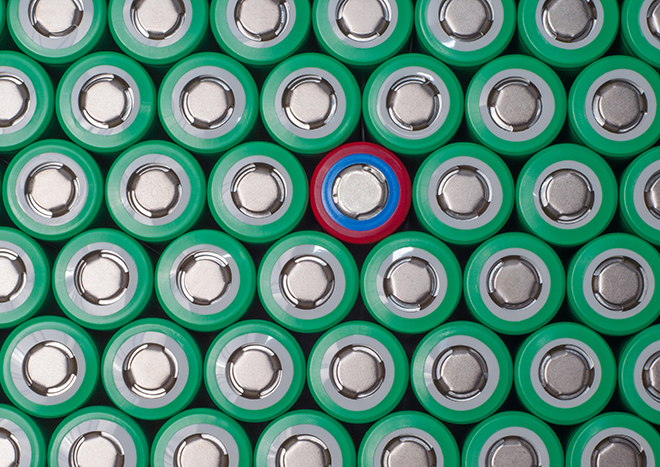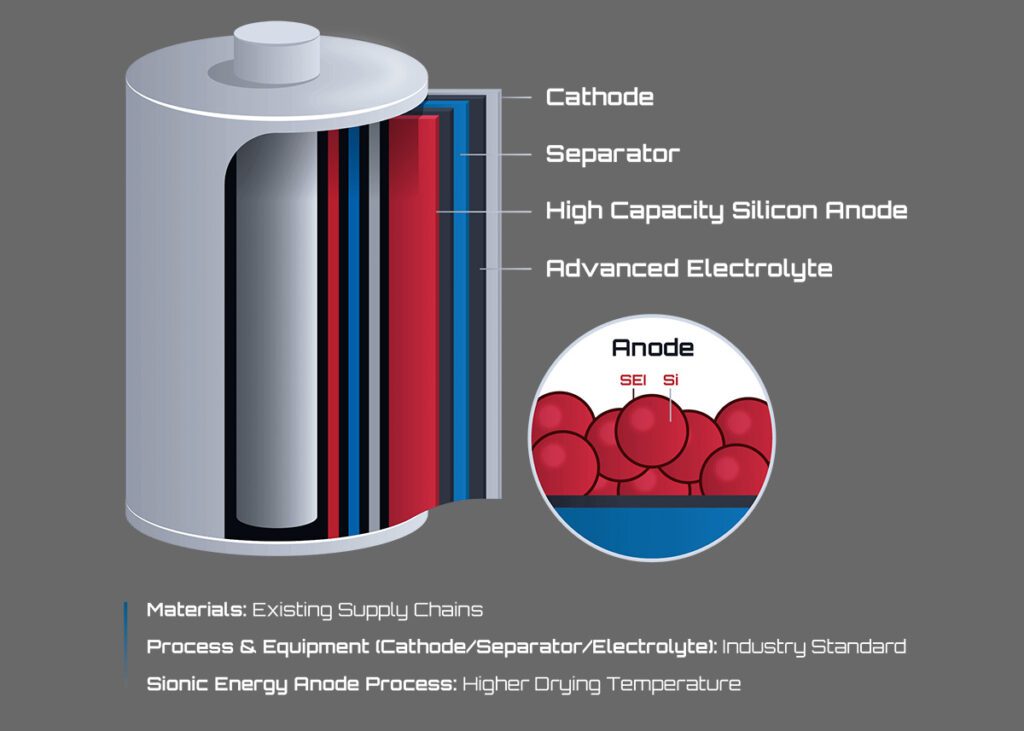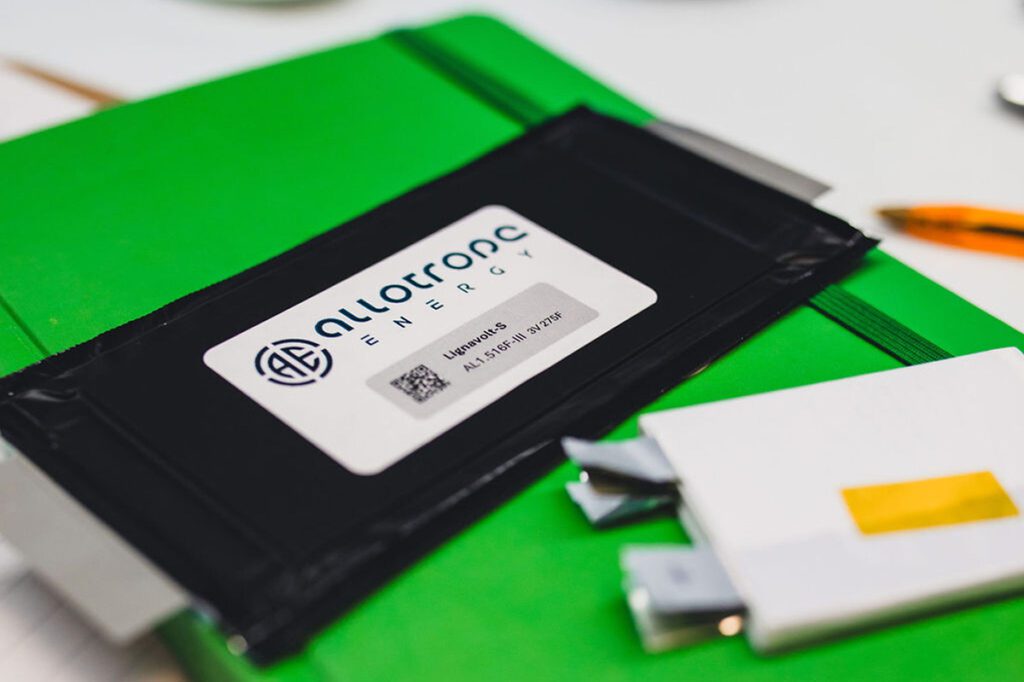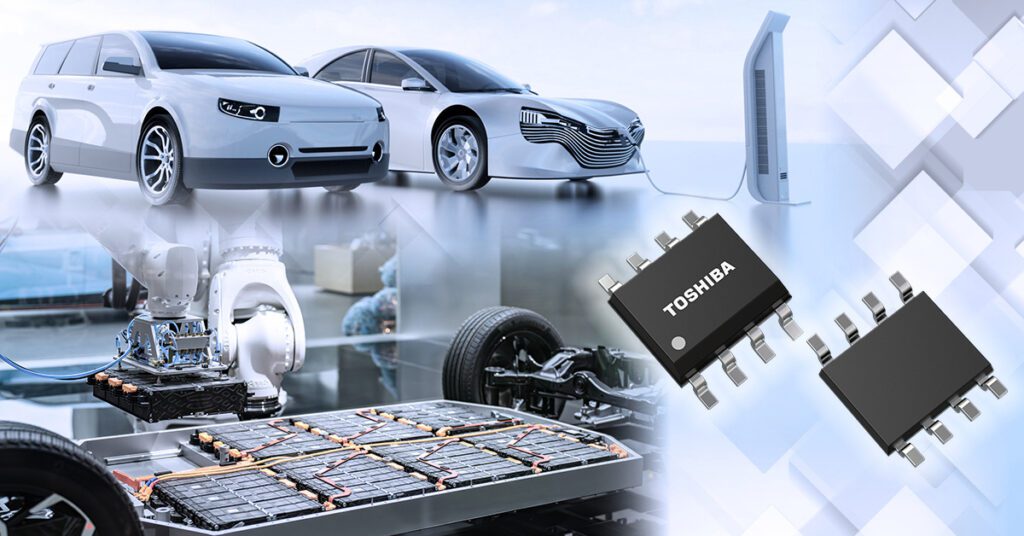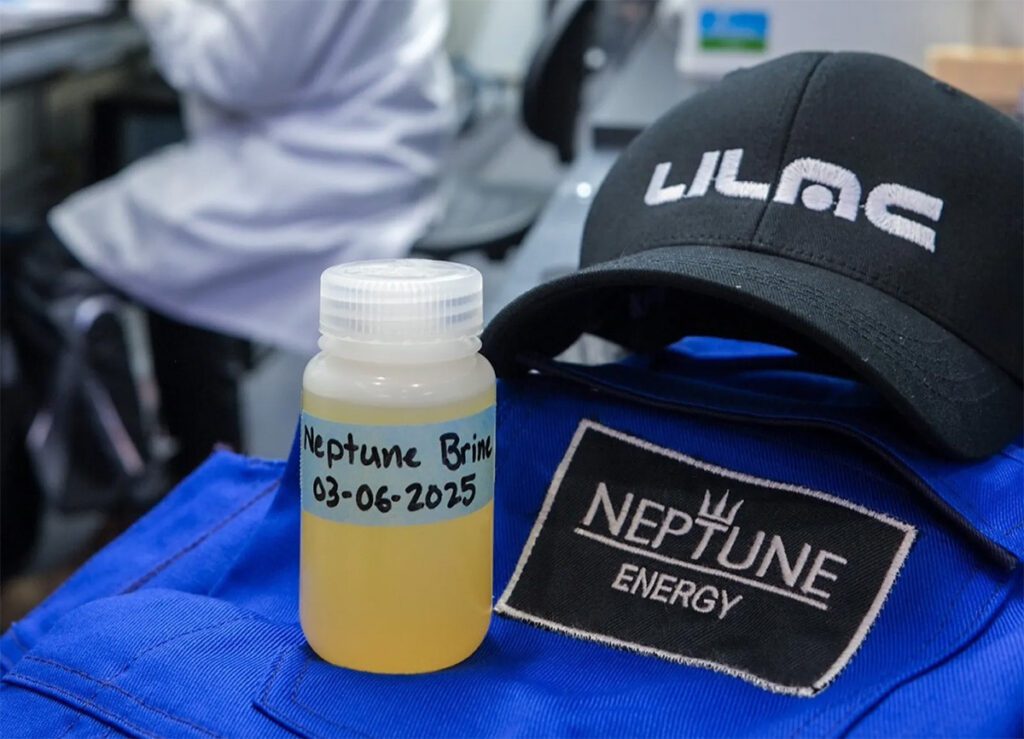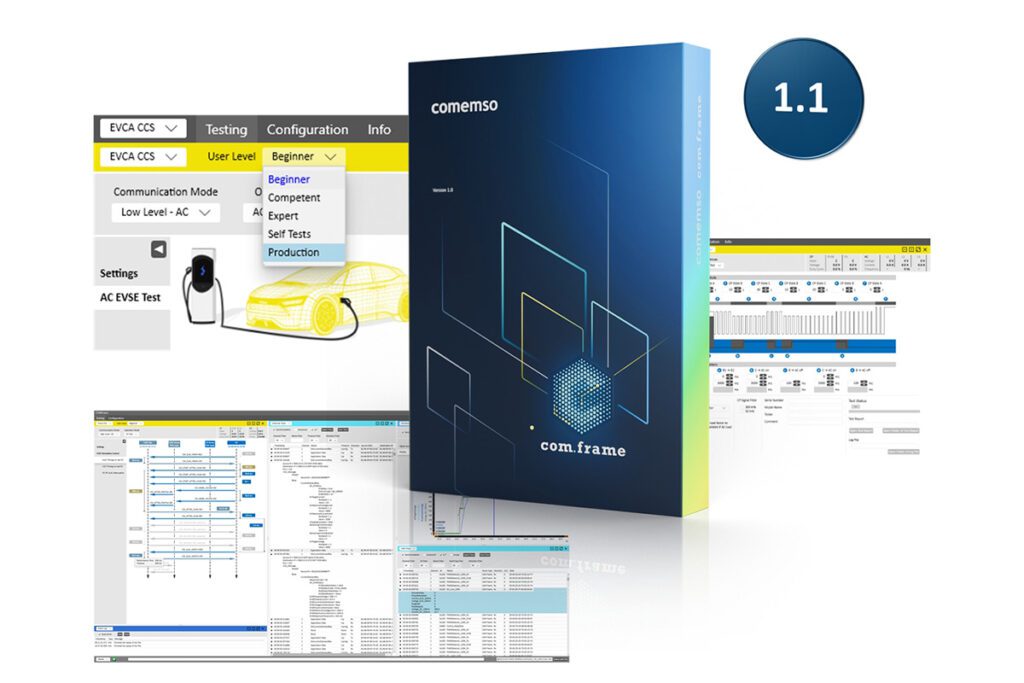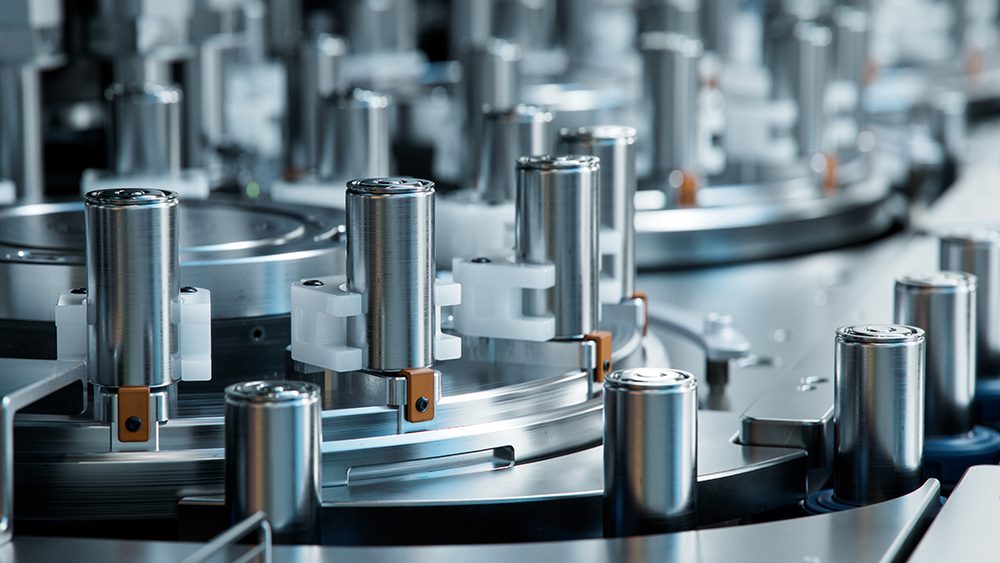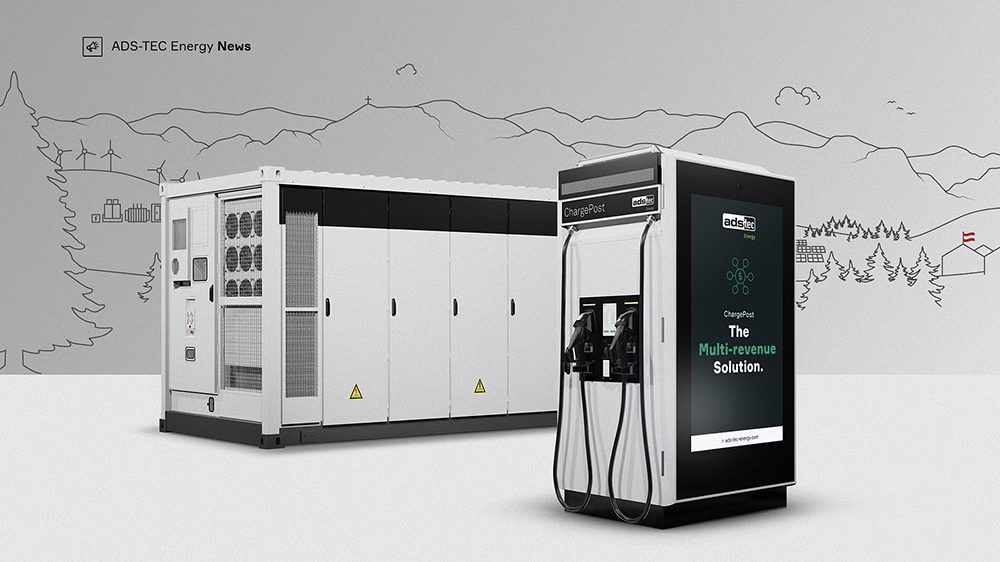The Responsible Battery Coalition (RBC) and research center Argonne National Laboratory have partnered to develop battery recycling technology. The partnership is the first industry-sponsored project with ReCell Center, an Argonne-led Li-ion battery research and development initiative that was launched by the Department of Energy in 2019.
In the next two decades, global spent battery volume is projected to increase to more than seven million metric tons annually, according to the RBC. Two million metric tons are expected to be produced in the US alone. The goal of the project is to support a circular economy approach to ensure more sustainability for batteries.
The RBC-Argonne project is slated for completion by the end of 2019, after which recycling best practices will be made available to battery manufacturers, OEMs and recyclers. RBC, which will fund the project, consists of automakers, fleet owners, service providers, after-market retailers, and battery manufacturers and recyclers interested in the responsible management of batteries.
RBC Executive Director Steve Christensen said, “By modeling the full lifecycle of a battery in advance, a manufacturer has the opportunity to compare and contrast different battery chemistries in the lab, which reduces risks and production costs, and allows for the design of batteries that are environmentally responsible, from initial materials selection through end-of-life.”
Jeff Spangenberger, Director of the ReCell Center, said, “Using Argonne’s closed-loop recycling model, known as EverBatt, we will be able to generate critical information to help battery manufacturers design batteries with recycling in mind. Understanding the lifecycle of a technology, such as advanced batteries, also supports the development of a circular economy, where all the components of a product are recovered and recycled at end of life.”
Source: Responsible Battery Coalition







